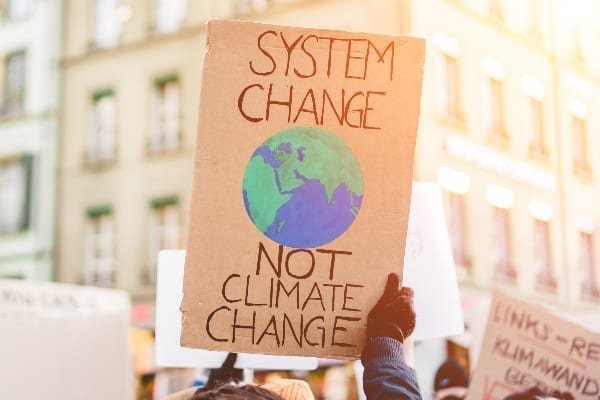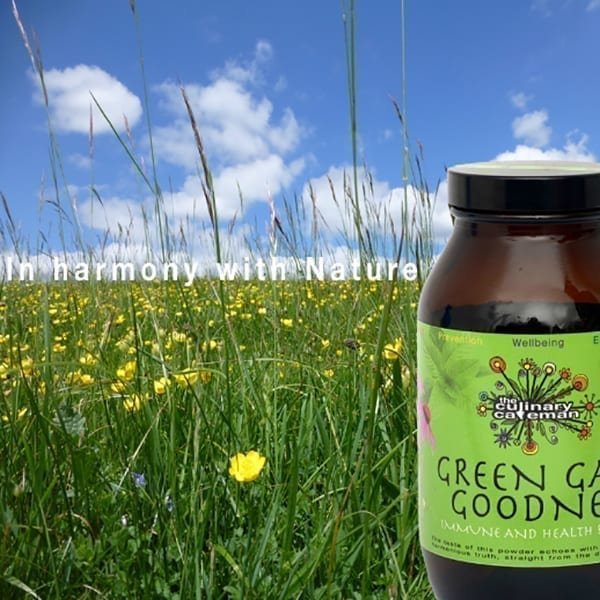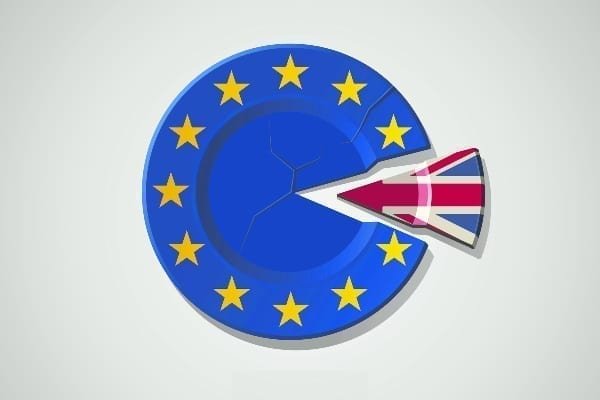This article first appeared in our Consumer Revolution issue of My Green Pod Magazine, released on 19 Dec 2019. Click here to subscribe to our digital edition and get each issue delivered straight to your inbox
The consumer revolution is merely a part of a systemic revolution we are all about to be swept up in. It’s already begun – just like climate change.
The consumer revolution is merely a part of a systemic revolution we are all about to be swept up in. It’s already begun – just like climate change.
Conscious consumption is morally and ethically impossible to achieve unless there is an associated change in the cultural systems propping up our unsustainable lifestyles. That’s because our consumerist culture is far from conscious; it’s geared towards profit, shareholder dividends and the desecration of Mother Earth.
An obsolete model
Currently, the systems running and regulating our consumerist existence are pinned to a framework of laws, based on immorally acquired land and wealth, that in many instances date back to the Normans.
Much of our education system is caught up in a dogma laid down over 150 years ago. Economic theory was pinned to Newton’s law that every action has an equal and opposite reaction, yet Newton was only ever talking about gravity – not supply chains, customer demand or costings.
It’s as absurd as running an industry on electricity from steam power, which we still do (even if it’s nuclear).
Similarly, there have been no real innovations in transport from cars, trains or planes since they were invented. We have known for a long time that our culture is unsustainable; by definition it can’t continue ad infinitum. We need to step into the future, and that begins with us as individuals.
An environmental revolution
The consumer revolution will replace the ‘I’ with a ‘we’, and this will facilitate a psychological revolution. We will stop being selfish and instead take pleasure in doing things for the better of all – cooperatively.
This will accelerate an environmental revolution: we will stop accepting or allowing the pain or death of fellow humans, animals, plants or the planet, and will – and must – take on a biosphere mentality.
A sharing economy
Another element of this consumer revolution is a sharing economy. We don’t need a hoover in every home if we can share a far better one, and the same goes for cars, washing machines, freezers, lawnmowers – even DIY tools.
For new housing developments based on minimising carbon footprints, it makes perfect sense to have communal items. It’s the sort of common-sense idea you’d expect to see in a Scandinavian housing development, made from hempcrete, that produces all its own energy and food.
 Play Video about This Rock Might Just Save The World
Play Video about This Rock Might Just Save The World Play Video about Play 2 hours of rock
Play Video about Play 2 hours of rock Play Video about Play 2 hours of brook
Play Video about Play 2 hours of brook Play Video about Play 2 hours of sheep
Play Video about Play 2 hours of sheep















































